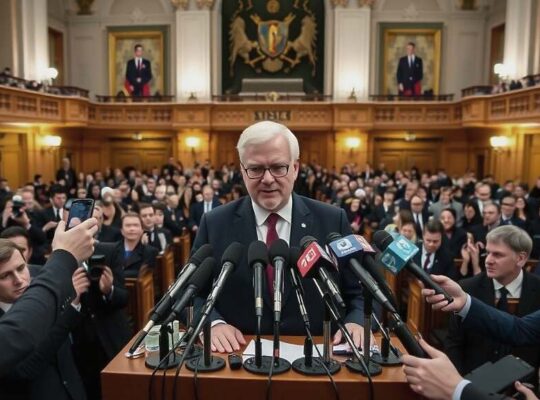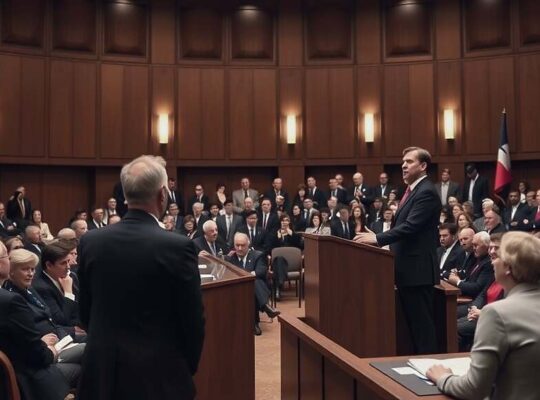The ongoing parliamentary deliberations regarding the proposed overhaul of Germany’s conscription model are facing renewed friction, highlighting fundamental disagreements over the direction and implementation of defense reforms. Norbert Röttgen, Deputy Chairman of the center-right CDU/CSU parliamentary group, has publicly urged Defense Minister Boris Pistorius and his ministry to engage more constructively in the Bundestag’s discussions, signaling a growing disconnect between the government’s ambitions and the concerns of key opposition voices.
Röttgen’s call for greater ministerial involvement follows Pistorius’s recent reiteration of his opposition to a proposed lottery system for conscription recruitment, a system Röttgen has previously endorsed. Röttgen emphasized the vital need for a transparent and accountable pathway for the recruitment and progression of professional soldiers, reservists and short-term contract personnel, arguing that the current proposals lack crucial oversight mechanisms. This underscores a broader debate concerning fairness and meritocracy within the armed forces, potentially exposing ideological divisions within the governing coalition.
Siemtje Möller, SPD’s parliamentary group vice-chair, expressed cautious optimism ahead of this week’s further deliberations. Möller reiterated the party’s commitment to prioritizing voluntary recruitment and enhancing the attractiveness of military service as the primary strategy for bolstering personnel. However, she maintained a firm stance that any consideration of mandatory service elements would only be entertained following thorough parliamentary scrutiny, suggesting a cautious approach to implementing potentially controversial measures.
The differing perspectives expose a strategic divergence within Germany’s political landscape. While the SPD advocates for a gradualist approach, emphasizing voluntary participation, the CDU appears to be pushing for a more comprehensive and potentially mandatory framework. This clash in philosophies carries significant implications for the future of Germany’s defense policy and raises questions about the political capital required to navigate the complex challenges of modernizing the nation’s military infrastructure and achieving consensus across the fragmented political spectrum. The debate also underscores the vulnerability of defense reforms to populist sentiments and the potential for politicization when dealing with sensitive issues of national security and individual liberty.












